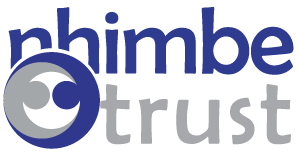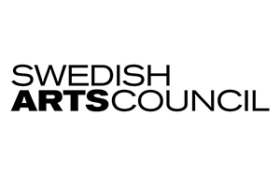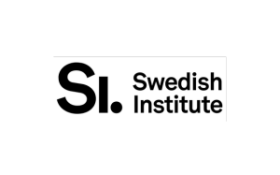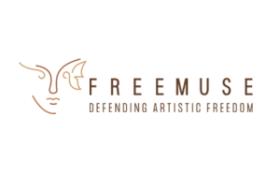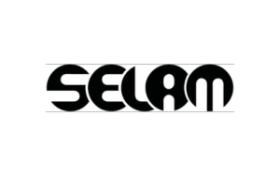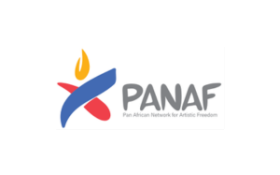CONTEXT
This Legislative Tracker is a product of Nhimbe Trust's research on leverage rights to artistic freedom in Zimbabwe. It outlines legislation that has a bearing on the promotion and protection of cultural rights in Zimbabwe. It tracks the progress of the Government of Zimbabwe in aligning this legislation to the 2013 Constitution (Amendment no. 20). An inter-ministerial taskforce was set up by the Government of Zimbabwe in 2015 to align the country's legislation.
In addition to this tracker, Nhimbe Trust is part of the CSO Constitutional Consortium that conducts legislative analysis and makes recommendations on legislative amendments to the inter-ministerial taskforce.
